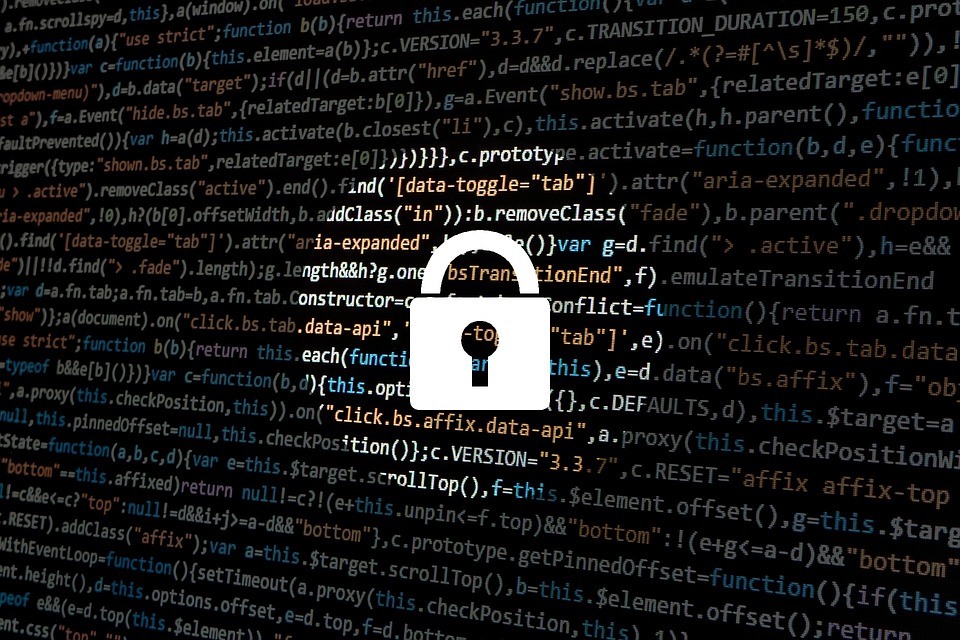In today’s world, cybersecurity is more important than ever. Hackers aren’t just targeting large companies; they are targeting any firm that has customers or a banking relationship with a lender. Even if you don’t have secret financial information that hackers might want to steal, you may have other valuable information that they might want to take and sell to your competitors. Because of this threat, you need to have a proactive approach to protect yourself before a crisis happens. Here are four ways to protect your information vigilantly.
Proper PKI
PKI, or Public Key Infrastructure, is a complicated subject. In essence, it is the protocol that ensures that encryption is secure and allows you to send sensitive documents across the internet without being read by anyone but your intended recipient. That’s why it’s crucial to make sure your PKI certifications are up to date. One of the biggest management mistakes is letting these expire and leaving it open to criminals getting in between you and your true communication partners.
Networking Tools
Every device on your network is an entry point for cyber crime. If a hacker gains control of one, they move to the others and quickly gain control of your entire system. This includes all the personal computers of your employees and your data storage. There is no telling what they will do with this data if they get their hands on it, so make sure you are monitoring your network with the right tools. You can track the traffic and make sure to shut down any suspicious spikes in traffic numbers if you detect them early.
Staffing
Who you trust with your data matters. You could have the most infallible cybersecurity system in the world, and still have a major data breach because of the failures of your staff. The people you trust your security to are just as important as the technology you use to protect the data. Perform rigorous background checks before hiring IT staff. Once hired, do all you can to support them, and treat them well. They have the fate of your information in their hands, so your IT staff should be well-trained, top-notch professionals.
Air Gaps
If something truly is so essential that you can’t risk anyone getting their hands on it, an air gap is the solution. Information that should be protected by an air gap typically includes classified networks, payment networks, and industrial control systems that are sensitive in nature. To create an air gap, these systems must be preserved on a device that is isolated from the internet and even from other related business networks. This prevents digital attacks from afar, and is one of the most extreme but effective methods of protecting information from attack.
Cybersecurity is nothing to leave to chance. Too much rides on the information that you are trying to protect. Get ahead of cyber threats with the methods above, and enjoy the peace of mind that comes from knowing you have taken the necessary steps to ensure your information is secure.

